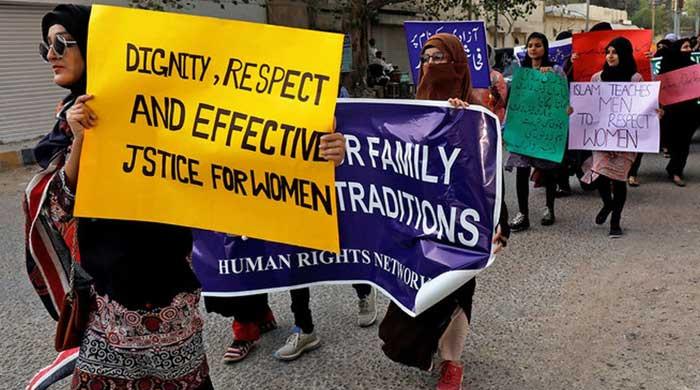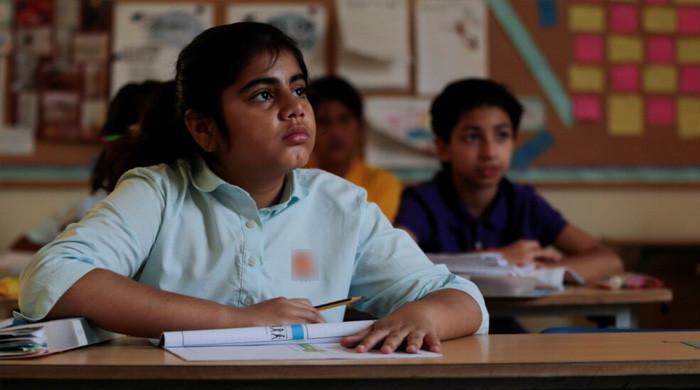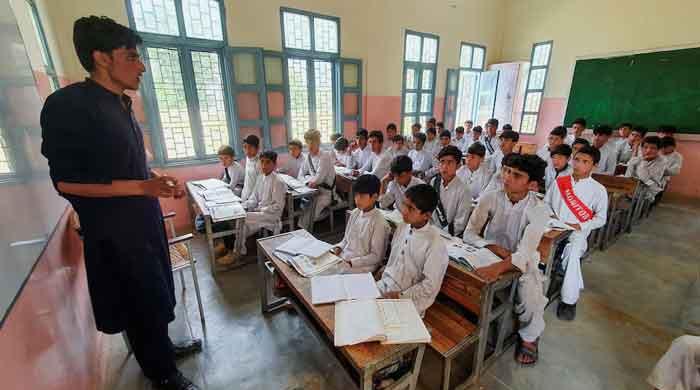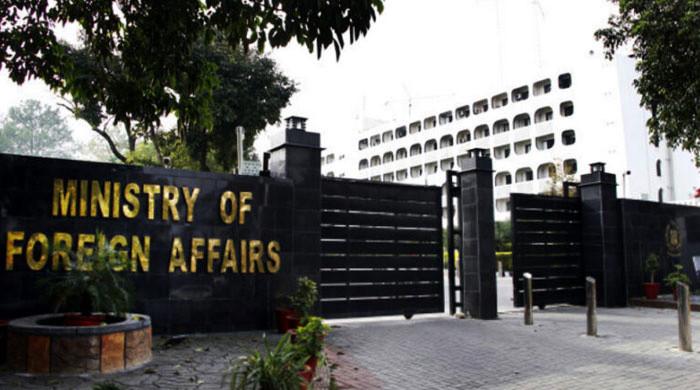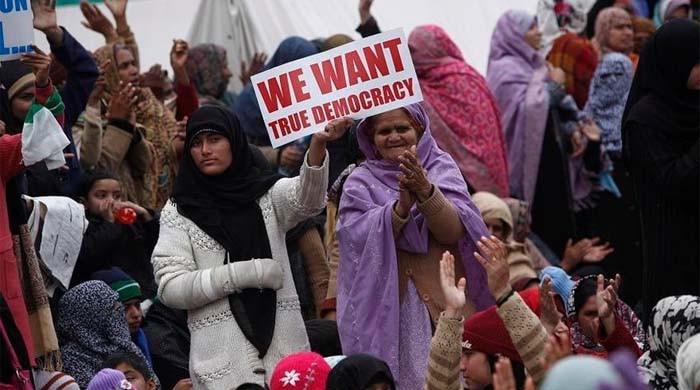The power of cinema
Cinema has a visceral power to affect emotional and intellectual adaptation to difficult circumstances
April 17, 2023

My Japanese wife and half-Japanese daughter and I went to see Everything, Everywhere, All at Once, in the cinema. My daughter is very conscious of the disappointingly narrow ways that East Asians are often represented in Hollywood films.
She complains East Asians are reduced to Kung Fu or Karate masters with cardboard personalities. My wife, equally consciously, but perhaps less vocal in her complaints, dislikes when East Asian women are caricatured as sexy masseuse creatures who exist to please men. So, I think both of them were looking forward to a film with a large East Asian cast that promised to not reduce all East Asians to grotesque stereotypes.
What none of us was expecting was that we would walk out teary-eyed after seeing such a powerful story of love between mothers and daughters.
I won’t spoil the film for anyone who hasn’t seen it, but there are times when cringe-worthy is the only word to describe how Michelle Yeoh’s character speaks to her daughter, played by Jennifer Hsu.
It smacks of the stereotype of a "tiger mum" putting impossible expectations on their daughter. But the film turns it around in ways that I suspect will be welcomed by first-generation Asian mums and their Western-born and bred daughters.
Eating a delicious Japanese meal in our neighbourhood ramen shop after the film, my wife and daughter laughed and recounted their favourite scenes from the film. They get along, but it would be a lie to say it’s always easy.
They have high expectations of one another, which are, inevitably, not always met. For some reason, that I probably shouldn’t probe too deeply, they don’t seem to have particularly high expectations from me, so I somehow get a pass in at least some of these dynamics.
I’ve seen something similar in a few recent Bollywood films. I remember a time when Bollywood parents and children were all just plot devices to sandwich around six songs over a three-hour period.
Bollywood cinema has adapted to deal with some of the genuine tensions that exist within households. Families love one another, yet it’s not an easy love.
One can be extraordinarily frustrated with the people closest to us. Cinema has the potential to narrate that delicate tension in ways that allow the people experiencing it in real life to walk out feeling better, or at least a little more self-aware.
When filmmakers dare to grapple with these important storylines, we are given palpable examples of the importance of cinema for more than just “entertainment”.
Cinema has a visceral power to affect emotional and intellectual adaptation to difficult circumstances far too often. Sadly, the people who produce films, don’t seem interested in making films that might enhance or enrich the human condition.
We get sequels and reboots and remakes of past blockbusters. Whatever spark might have made the original worth watching, normally gets more and more diluted with each iteration. So when a film comes along that triggers a meaningful reflection on how mothers and daughters can talk past one another, it deserves to be celebrated and shared.
Let’s just hope that Everything, Everywhere, All at Once doesn’t spoil it all with a sequel that completely bypasses the parts of the story that caused audiences to think and talk about the relationships that matter most in our lives. I admit that I’ll still watch it, but I’ll be shaking my head in disappointment as I eat my post-film meal.
Professor Stephen Lyon is the inaugural dean for Aga Khan University’s new Faculty of Arts and Sciences (FAS). He is a cultural anthropologist with an interest in social organisation, cultural systems, conflict and development in rural and urban Pakistan.





